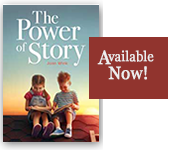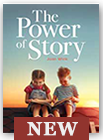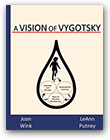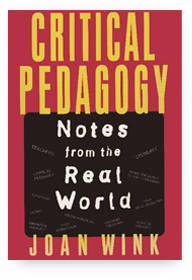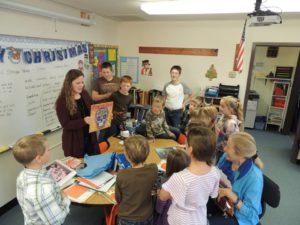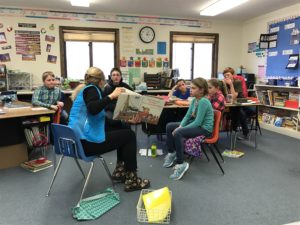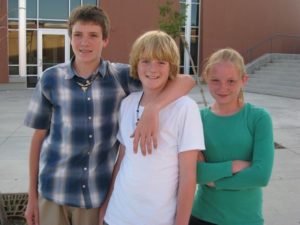Dear WinkWorld Readers,
Previously, I posted my thoughts on research rapture and the din in the head on WinkWorld (May 2, 2018). I am reposting it below, which will be followed by a short update of those evolving ideas. My new ideas won’t make much sense, unless you read the first post.
Research Rapture: Update
Next week at the EQRC and CARE conferences, the presentation and poster rooms will be filled with qualitative researchers and teachers, and I suspect most of them will have a bad case of research rapture. The delicate, fragile ideas emerging from their own research will consume and thrill each of them. For example, Dawn and I will focus on new ideas of the Research of Storytelling (RS) and Scholarly Personal Narrative (SPN), methodologies for qualitative research. We will talk about WHAT, WHY, and HOW. Le Putney of UNLV and I will focus on creating newsletters of the ideas of Vygotsky. I can assure you that Dawn, Le, and I have research rapture. My question: Do quantitative researchers get this, too? Tasha Dannenbring and Ana York, you two might have some answers for me next year at these conferences?
Din In The Head: Update
We all know what it feels like to get a song stuck in our head, and it just keeps repeating itself. Turns out (see previous post and citations on this topic), there are many types of dins besides melody din: acquiring additional languages din, reading din, visual din, kinesthetic din, intellectual din, but nowhere in the literature, do I read anything about the kid din,
The Kid Din
OK, you’re right; I just made up that term, because I have experienced it, and it is real for me. These kids at a very rural K-8 school are the din in my head. I love them, and I think about them all of the time.
I’m sure that many families understand the kid din–particularly grandparents.
